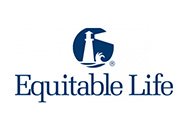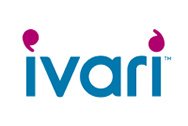What is disability insurance?
If you have a house or car or even expensive jewelry and art, you take steps to make sure you protect those assets by making sure they are covered by insurance.
But, what about your most valuable asset: Your ability to earn an income? If you lose your ability to work for a long period of time, you risk losing your possessions and depleting your savings to cover your expenses.
Disability insurance (also called Income Replacement Insurance) provides you with a regular monthly income in the event that you are unable to work due to an injury or illness.
You will be eligible for this income until you are able to return to work or until the age of 65.
Why do I need disability Insurance?
Disability insurance is especially important for people who are self-employed professionals (such as doctors, lawyers and accounts) and small business owners (such as plumbers and carpenters), as they are not covered by the government disability plan.
Taking out disability insurance can safeguard your family, your assets and your lifestyle.
There are various types of disability insurance available, which means that your policy can be tailored to your specific needs and budget.
You will be eligible for this income until you are able to return to work or until the age of 65.
What is the difference between critical illness insurance and disability insurance?
Both disability insurance and critical illness insurance provide forms of living benefits. These benefits help protect your family and your financial assets should you be unable to earn an income due to an injury or illness.
Disability insurance protects your income against the risk of a disability that prevents you from working at your core profession.
Critical illness insurance attempts to fill the gap between life and disability insurance. While disability insurance covers the loss of income due to an accident or illness, critical illness insurance will pay out a benefit when you have been diagnosed with a serious, life-altering illness or condition.
| Critical Illness Insurance | Disability Insurance | |
|---|---|---|
| Payout | Paid out as a lump sum | Payout replaces a portion of your income on a monthly basis |
| Flexibility | The lump sum can be used for treatment or any way you see fit | The smaller payments are used to replace your salary |
| Loss Of Income | No ongoing proof of loss of income is needed | Ongoing proof of loss of income required |
| Continuation | The payout is not effected by other income | The payouts may discontinue should you return to work and earn an income |
Get free quote
Request A Quote
We provide quotes from the
Top Canadian Insurance Carriers














